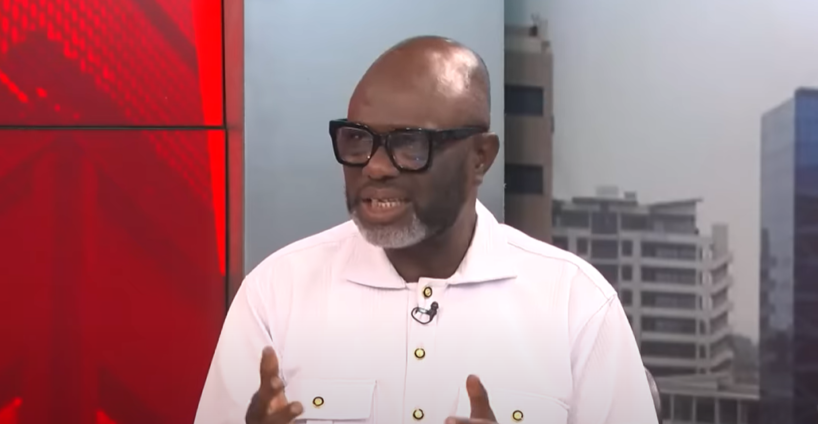The President of the Ghana Union of Traders Association (GUTA), has said that the lack of growth in the private sector is having an adverse effect on the economy.
Speaking on The Probe on JoyNews, Dr Joseph Obeng said that the current economic crises, cedi depreciation and taxation have all contributed to the slow growth of the private sector.
“It is very important to note that the private sector is supposed to be the engine of growth, but we are not growing, as expected. If that is so, then the economy will also not grow. It is very important to create the enabling environment for us to achieve this growth that we so seek. That is the problem of Ghanaian businesses and even the larger economy,” he said.
Dr Obeng said that the private sector needs space to grow, adding that many businesses are being “overtaxed” and are unable to sustain their growth because the cost of doing business has increased significantly.
He told programme host Blessed Sogah, on Sunday, that the situation goes against the government’s aim of moving from taxation to production.
“So if the government knows this, for this reason, in 2017, they removed what they called the nuisance taxes, now the nuisance taxes are coming in different forms and shapes, including the COVID-19 level. It should be out of the table. We don't need it,” the GUTA president said.
“The COVID-19 levy came to solve a problem and because we all wanted to manage the COVID pandemic, we agreed to it. So, once it (Covid) is not there, I mean, it is only right that we take it off the table. We also have a special import levy that came because the previous government needed some push.”
“And we also accepted and they brought some sunset clauses. So, if this thing goes on, it means that we are not going to have confidence in leadership when they come and appeal for some of these things,” Dr Obeng said.
He added that since the last quarter of 2022, businesses have been suffering, with many losing a substantial amount of their capital while others are unable to import.
Dr Obeng stated that “the expectation of businesses is that we seek the reduction of taxes and then pruning down the cost of doing business so that we become competitive.”
Latest Stories
-
Paris 2024: Opening ceremony showcases grandiose celebration of French culture and diversity
2 hours -
How decline of Indian vultures led to 500,000 human deaths
3 hours -
Paris 2024: Ghana rocks ‘fabulous fugu’ at olympics opening ceremony
3 hours -
Trust Hospital faces financial strain with rising debt levels – Auditor-General’s report
4 hours -
Electrochem lease: Allocate portions of land to Songor people – Resident demand
4 hours -
82 widows receive financial aid from Chayil Foundation
4 hours -
The silent struggles: Female journalists grapple with Ghana’s high cost of living
4 hours -
BoG yet to make any payment to Service Ghana Auto Group
4 hours -
‘Crushed Young’: The Multimedia Group, JL Properties surprise accident victim’s family with fully-furnished apartment
5 hours -
Asante Kotoko needs structure that would outlive any administration – Opoku Nti
5 hours -
JoyNews exposé on Customs officials demanding bribes airs on July 29
6 hours -
JoyNews Impact Maker Awardee ships first consignment of honey from Kwahu Afram Plains
7 hours -
Joint committee under fire over report on salt mining lease granted Electrochem
7 hours -
Life Lounge with Edem Knight-Tay: Don’t be beaten the third time
7 hours -
Pro-NPP group launched to help ‘Break the 8’
8 hours

